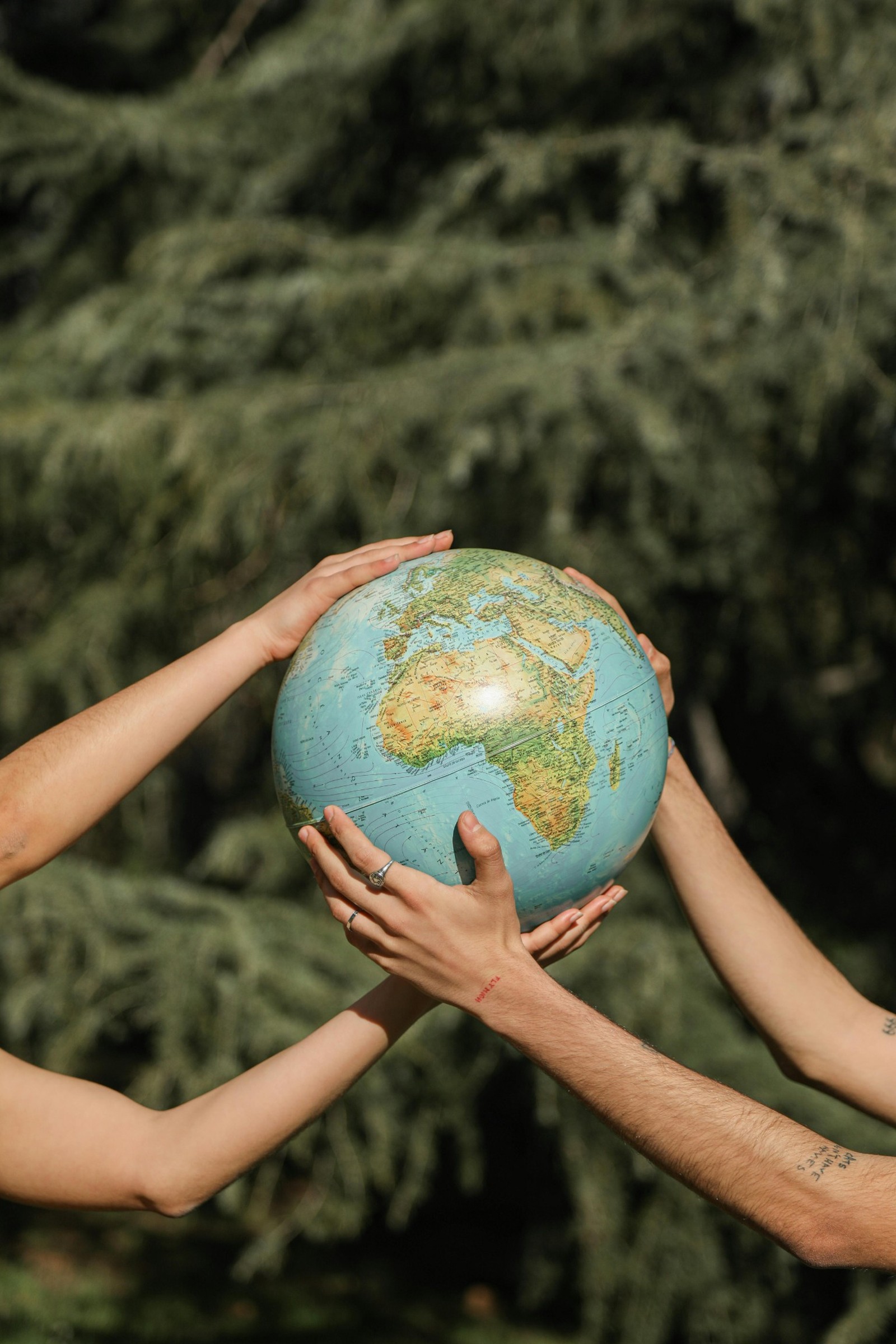
International Day of Non-Violence 2026

2026’s International Day of Non-Violence: Advancing Peace and Dialogue
Observed on Thursday, October 2, 2026, the International Day of Non-Violence honors the birth of Mahatma Gandhi, whose leadership and philosophy of non-violent resistance inspire movements for civil rights and social change worldwide. The day invites people and institutions to disseminate the message of non-violence, strengthen dialogue, and advance a culture of peace and understanding.
Global Recognition and the United Nations Involvement
The UN General Assembly, through Resolution A/RES/61/271 adopted on 15 June 2007, established this observance to promote education and public awareness around non-violence. The date—2 October—marks Gandhi’s birthday and symbolizes a global commitment to end suffering, advance diplomacy, and heal divisions. At UN Headquarters, the “Knotted Gun” sculpture at the Visitors’ Plaza stands as an emblem of the resolve to reject violence and build a just, sustainable peace.
2026 Commemorative Event
Date & Time: 2 October 2026, 15:00 EDT
Venue: CR 8, UN Headquarters, New York
Organized by the Permanent Mission of India to the United Nations, this special session celebrates Gandhi’s legacy and invites global participation via UN Web TV.
The Goals of the International Day of Non-Violence
-
Spread Non-Violence Through Education: Encourage learning, training, and public awareness that reject physical violence as a means of change.
-
Foster a Culture of Peace: Strengthen tolerance, understanding, and cooperation across communities and nations.
-
Honor Gandhi’s Legacy: Recognize the enduring relevance of non-violent action in achieving just ends through just means.
-
Mobilize Civic Action: Highlight three core avenues of non-violent strategy, protest & persuasion, non-cooperation, and non-violent intervention.
Annual Themes and Their Impact
Programming around this day underscores non-violence as “the politics of ordinary people” a practical, participatory path to social justice. In 2026, the UN and partners spotlight community-level dialogue, ethical leadership, and responses to hate speech and polarization, translating principles into policy, education, and local action.
Connection to the Sustainable Development Goals (SDGs)
-
SDG 16: Peace, Justice & Strong Institutions – Non-violent engagement strengthens rule of law, participation, and trust.
-
SDG 4: Quality Education – Peace education equips learners to resolve conflict and uphold human rights.
-
SDG 10: Reduced Inequalities – Inclusive, non-violent approaches address structural discrimination and marginalization.
-
SDG 17: Partnerships for the Goals – Dialogue across governments, civil society, and communities sustains collective action.
Advancing Non-Violence in Practice
Non-violence is a technique for effective political action not passivity. It channels conflict into constructive, people-powered strategies that withdraw consent from injustice and build fairer systems. From classrooms to councils, commitments to human rights education, intercultural dialogue, and ethical civic participation turn ideals into outcomes.
Engagement and Global Solidarity
Mark October 2, 2026 by learning, convening, and speaking out against violence in all forms. Governments, organizations, and individuals can educate, organize, and act non-violently to cultivate societies grounded in dignity and justice. Join the international community in renewing the resolve that there is no way to peace - peace is the way.
International Day of Non-Violence Themes
| Year | Theme | Description |
|---|---|---|
| 2019 | Climate Action for Peace | Linked the urgency of climate action to the broader goal of global peace, emphasizing the role of environmental efforts in fostering non-violence and conflict prevention. |
| 2020 | Shaping Peace Together | Encouraged global unity and compassion during the COVID-19 pandemic, promoting kindness and rejecting discrimination or hate. |
| 2021 | Promoting Non-Violence and Ahimsa | Focused on Gandhi’s philosophy of ahimsa and the enduring relevance of non-violence in confronting modern crises like inequality, conflict, and injustice. |
| 2022 | Education for Human Flourishing | Stressed the need for holistic education that nurtures empathy, moral reasoning, and peaceful coexistence, grounded in Gandhi’s values. |
| 2023 | Non-Violence in a Changing World | Reinforced the timeless message of non-violence and Gandhi’s teachings as tools to address racism, inequality, conflict, and environmental injustice. |
| 2024 | Celebrating Peace, Tolerance, and the Legacy of Mahatma Gandhi | Focused on Gandhi’s enduring legacy and a global call to resolve conflict with compassion, dialogue, and peaceful activism. |
| 2025 | Act Now for a Peaceful World | Calls for urgent collective action across all levels of society to promote peace, prevent violence, and honor the legacy of non-violent resistance. |
